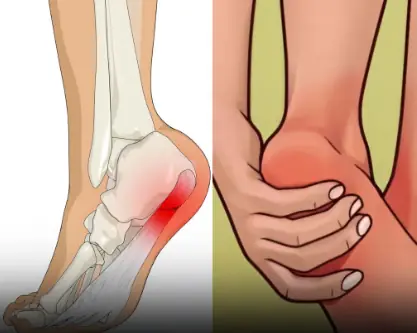
The "Blacklist" of 4 Vegetables Most Prone to Growth Chemicals – How to Spot Them Before Bringing Harm to Your Table
The "Blacklist" of 4 Vegetables Most Prone to Growth Chemicals – How to Spot Them Before Bringing Harm to Your Table
Watch out for these warning signs to avoid low-quality, chemically-treated produce.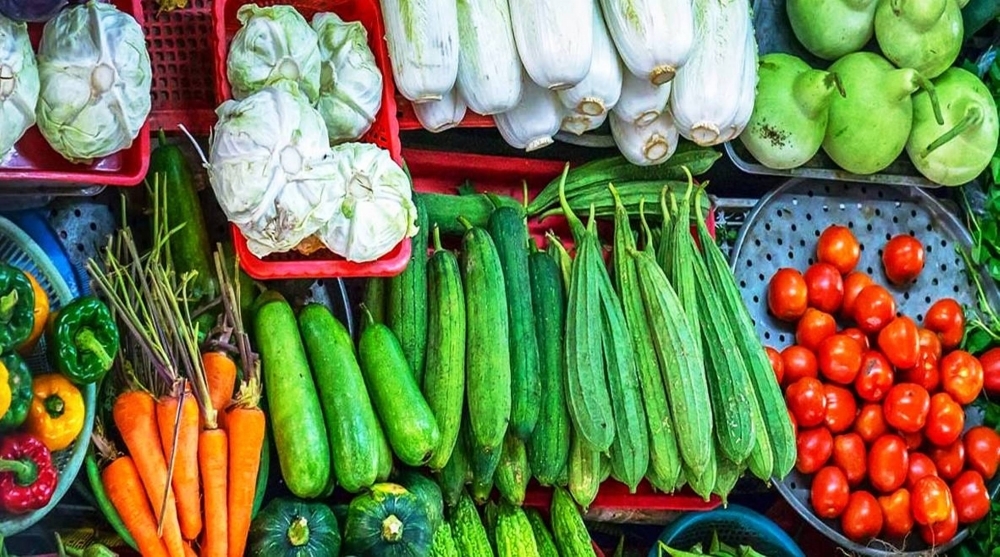
Vegetables are generally seen as healthy essentials in our daily diet. However, not everything available at the market is truly safe.
Many seemingly harmless vegetables are being exposed to various artificial growth stimulants, chemical preservatives, or ripening agents, putting consumers at risk of chemical contamination without their knowledge. These substances may be injected, sprayed, soaked, or fermented into the produce to accelerate growth or keep it looking fresh for longer.
Below are 4 common vegetables that often fall into the "blacklist" due to their susceptibility to chemical intervention—and the signs that help you identify them.
1. Carrots – Not Just a Sweet Orange Root
Carrots are often soaked or sprayed with preservatives to keep their bright color and prevent mold during transport. In some cases, growth stimulants are used pre-harvest to make them grow larger, more uniform, and visually appealing.
Signs to watch for:
-
Extremely bright orange skin
-
Overly shiny exterior
-
Pale, soft core
-
Lacks the natural sweetness of real, organic carrots
2. Potatoes – Nutritious and Cheap, But Not Always Safe
A kitchen staple in many dishes, potatoes may be more chemically treated than you think. Post-harvest, they’re often treated with sprout inhibitors to prolong shelf life, especially for long-distance shipping. Worse yet, some potatoes are sprayed with growth enhancers during cultivation to enlarge them quickly—leading to attractive-looking produce with reduced nutritional value.
Signs to watch for:
-
Perfectly round and unnaturally smooth
-
Shiny yellow skin
-
Faint or faded “eyes” (potato buds)
-
Bland taste or odd texture when cooked

3. Bean Sprouts – A Common Victim of Chemical Boosters
With a fast growth cycle of just 2–3 days, bean sprouts are frequently exposed to chemical growth enhancers. Just a small dose of sprouting agents can result in fat, white, rootless sprouts that look appealing but are full of hidden risks.
Signs to watch for:
-
Unnaturally white and thick stems
-
No roots
-
No typical soybean scent
-
Fragile, easily crushed stems
(In contrast, homemade sprouts are yellowish, thin, with visible roots)
4. Daikon Radish – Naturally White or Artificially Enhanced?
Daikon radish is known for being mild and versatile, commonly used in soups and stews. But it’s also one of the most chemically manipulated vegetables. Many farms use stimulants to speed up growth and enlarge the radish, while post-harvest, the radishes are soaked in whitening or preservative solutions to maintain a shiny, clean appearance.
Signs to watch for:
-
Bright white skin with little to no blemishes
-
Spongy, porous texture inside
-
Slightly harsh or chemical smell when peeled
Tips for Choosing Safer Vegetables
-
Avoid overly perfect, shiny, or uniform produce
-
Opt for veggies with roots attached, natural coloring, or slight blemishes
-
Soak in diluted salt water or rice water before cooking
-
Buy from trusted sources with clear origins—organic is best
Conclusion:
Being a conscious shopper can protect you and your family from long-term exposure to harmful chemicals. Don’t let perfect-looking vegetables fool you—natural produce often comes with a few imperfections, and that’s exactly what you should be looking for.
News in the same category


Important News for Everyone Who Loves a Daytime Nap

Man Says Goodbye To His Wife As They Took Her Off Life Support, But Then She Utters 5 Words
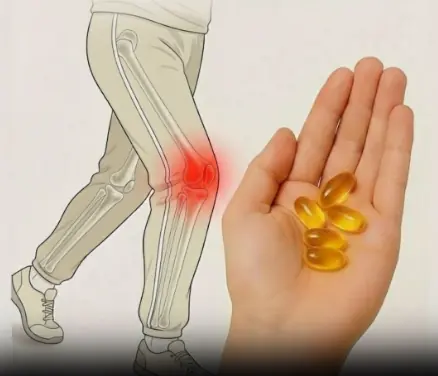
The Vitamin & Mineral Deficiencies That May Be Behind Leg and Bone Pain

What it says about your relationship when your partner sleeps with their back to you
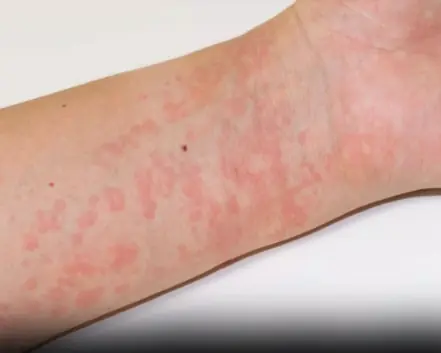
Surprising Causes Of Hives Revealed — What May Be Triggering Your Skin Reaction

4 foods to eat on an empty stomach in the morning to cleanse the gut, boost digestion, and lower cancer risk

7 Ways How To Deal With A Cheating Husband

People who nap during the day should definitely read this
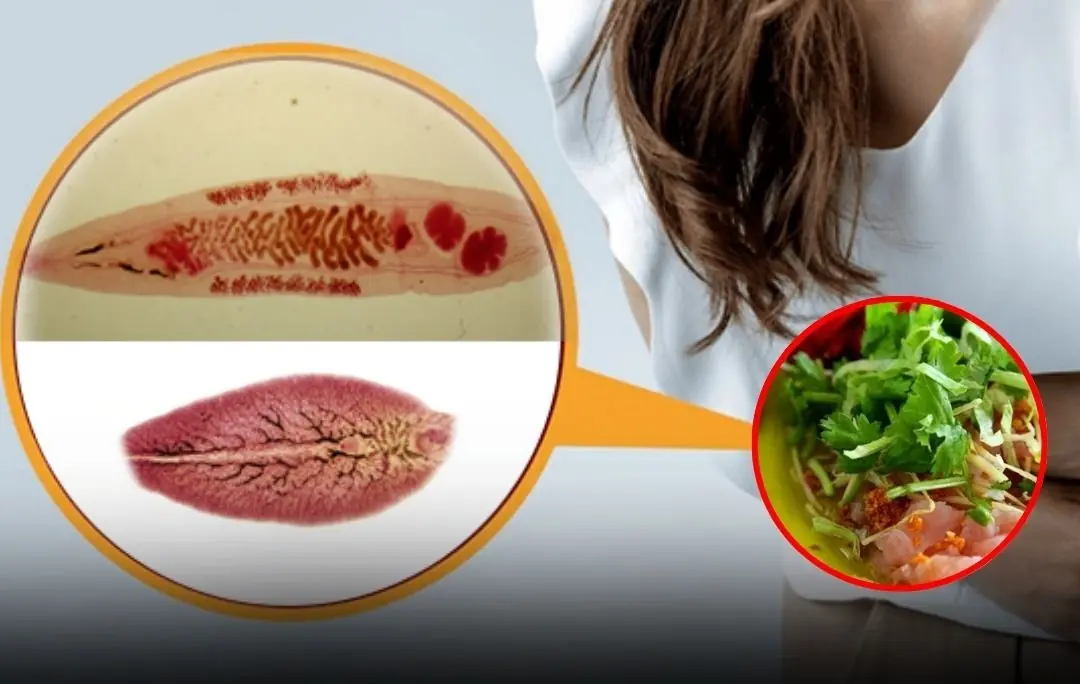
How your daily eating habits could expose you to liver fluke infection
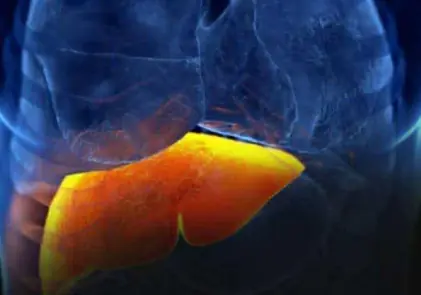
Science backs it up: 3 fruits that fight fatty liver, regulate sugar and cholesterol
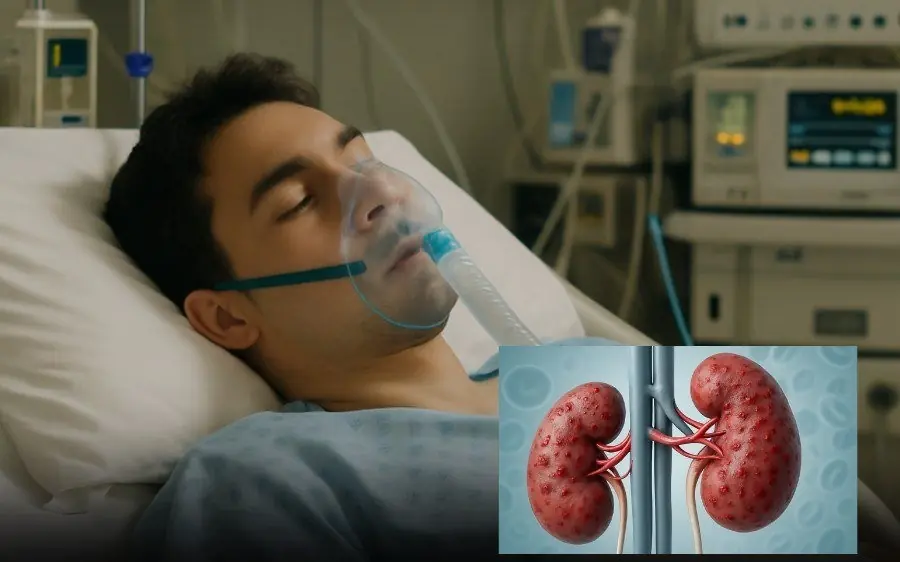
21-year-old male student with severe kidney and heart fai.lure: The “culprit” is a familiar drink, not al.cohol
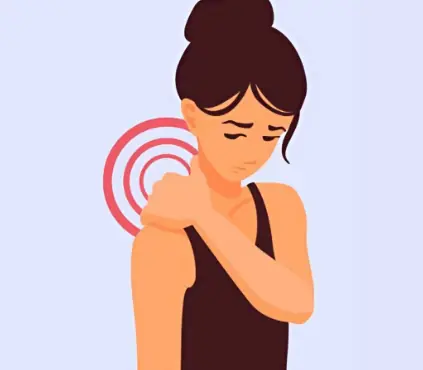
7 Signs of Mini Stroke in The Elderly

It’s More Than Stress! Doctors Say This Symptom Shouldn’t Be Ignored
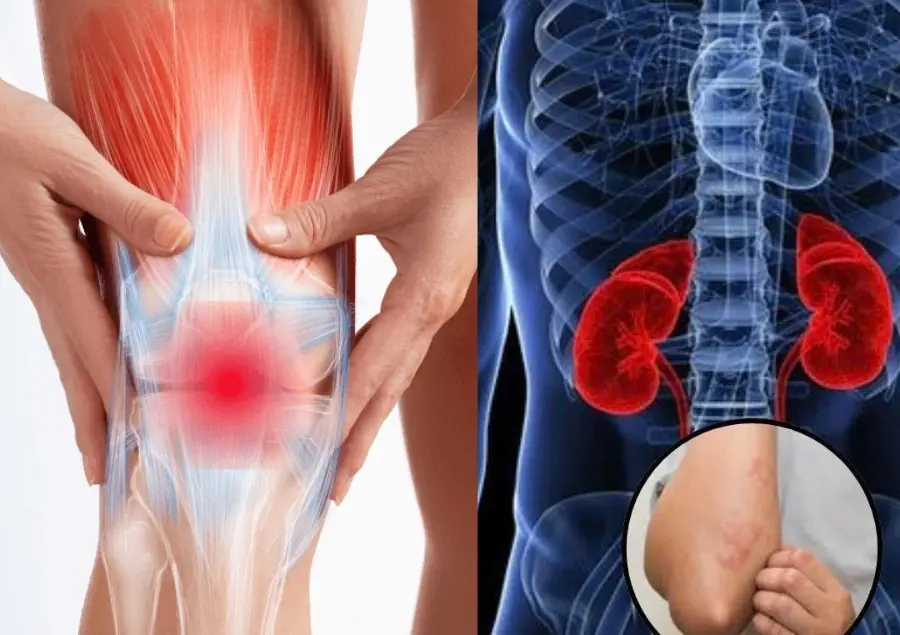
8 signs of kidney failure that if ignored may require lifelong dialysis

Using a phone while going to the bathroom is a har.mful habit
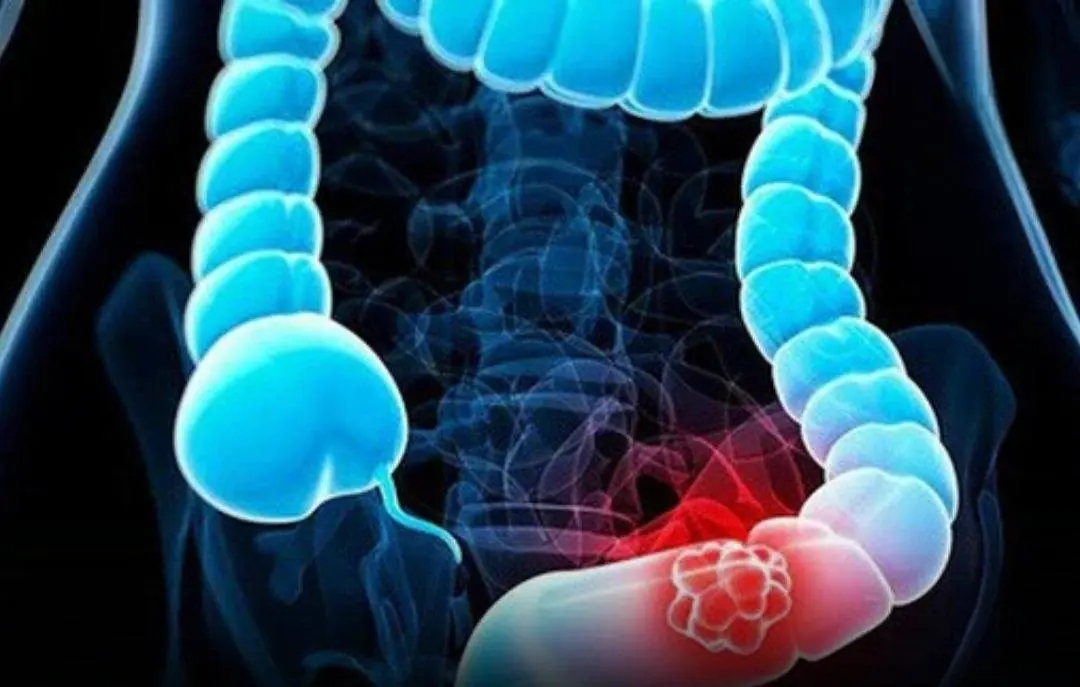
They may look harmless now, but if ignored, these signs could slowly lead to c.an.cer

The moments right after you wake up are when your body reveals its true state of health most clearly

Your breakfast starter matters more than you think — it can transform your digestion

Doctors Warn: Deaths From Heart Failure Are Rising — No Matter How Hard It Is, You Must Give Up These 4 Habits
News Post

7 Powerful Exercises to Relieve Heel Pain and Treat Plantar Fasciitis Naturally

This Button on Your Car Key Is Something 90% of Owners Have Never Used — Yet It Could Save Your Life in an Emergency

Important News for Everyone Who Loves a Daytime Nap

Man Says Goodbye To His Wife As They Took Her Off Life Support, But Then She Utters 5 Words

The Vitamin & Mineral Deficiencies That May Be Behind Leg and Bone Pain

What it says about your relationship when your partner sleeps with their back to you

Surprising Causes Of Hives Revealed — What May Be Triggering Your Skin Reaction

4 foods to eat on an empty stomach in the morning to cleanse the gut, boost digestion, and lower cancer risk

7 Ways How To Deal With A Cheating Husband

People who nap during the day should definitely read this

Say Goodbye to Joint and Foot Pain with a Relaxing Rosemary Bath

How your daily eating habits could expose you to liver fluke infection

Science backs it up: 3 fruits that fight fatty liver, regulate sugar and cholesterol

There's actually a rule, and now I finally understand the reason

Ever Wonder Why Japanese People Wear Socks to Bed All Year Round? Here’s the Surprising Reason

21-year-old male student with severe kidney and heart fai.lure: The “culprit” is a familiar drink, not al.cohol

7 Signs of Mini Stroke in The Elderly

It’s More Than Stress! Doctors Say This Symptom Shouldn’t Be Ignored

8 signs of kidney failure that if ignored may require lifelong dialysis
